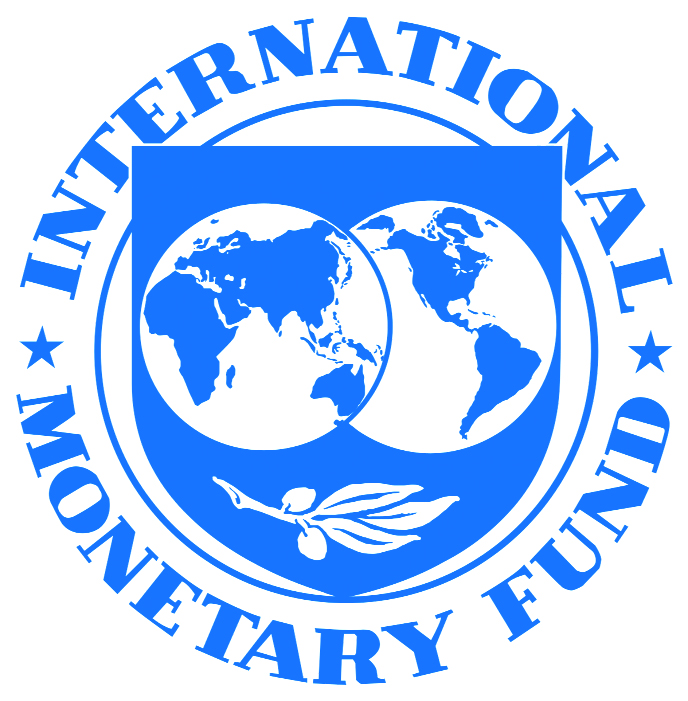
BSS, Dhaka :
International Monetary Fund (IMF) has underscored the need for introducing carbon tax to mobilize more domestic revenue to increase investment for addressing the challenges of climate change and limiting urban pollution.
“Raise domestic revenue through introducing a carbon tax that would raise between 0.8 to 1.5 percent of GDP and help limit urban pollution,” Ragnar Gudmundsson, IMF resident representative in Dhaka, told BSS in an exclusive interview.
He said the introduction of carbon tax on selected fuel products, notably those consumed by more affluent households, such as petrol and diesel at the pump, would help raise domestic revenue, reduce pollution, and encourage the use of cleaner, emission-saving technologies.
He said with 60 percent of its land surface at five meters or less above sea level, Bangladesh is one of the countries most affected by climate change-related natural disasters. The worst episode of flooding in 1998 affected over two-thirds of the country and led to damages and losses estimated at close to 5 percent of GDP, he added.
Ragnar Gudmundsson informed that climate fiscal framework to track and monitor budgetary allocations for adaptation and mitigation activities is now about 9 percent of the country’s national budget.
He recommended enhancing financial cover against the impact of natural disasters through a dedicated contingency line in the budget and the use of insurance mechanisms such as catastrophe bonds that provide more extensive coverage.
He urged the authorities concerned to reduce energy subsidies, the direct and indirect costs of which have been estimated by the IMF to reach 3.4 percent of GDP.
He also emphasized on providing incentive to the environment -friendly business ventures for attracting more Foreign Direct Investment (FDI).
He said Bangladesh should create conducive environment for climate-friendly investments, including by taxing pollution, incentivizing green products, and enhancing the business environment to attract foreign investors who promote the use of clean technologies.
The IMF country representative called for mobilizing greater financial support from the international community, in line with commitments under the December 2015 Paris Agreement, including though advocacy and building a pipeline of suitable projects.
Ragnar Gudmundsson said Bangladesh deserves considerable credit for being one of the most pro-active countries in addressing the impact of climate change and the country is the forerunner to submit nationally determined contributions for adaptation and mitigation activities; unconditional contribution to reduce greenhouse gas (GHG) emissions 5 percent below the business-as-usual (BAU) levels by 2030.
In 2017, he said, Bangladesh Bank (BB) issued guidelines on Environment and Social Risk Management and set up dedicated funds to promote green finance, including the US$200 million green transformation fund in 2016.
International Monetary Fund (IMF) has underscored the need for introducing carbon tax to mobilize more domestic revenue to increase investment for addressing the challenges of climate change and limiting urban pollution.
“Raise domestic revenue through introducing a carbon tax that would raise between 0.8 to 1.5 percent of GDP and help limit urban pollution,” Ragnar Gudmundsson, IMF resident representative in Dhaka, told BSS in an exclusive interview.
He said the introduction of carbon tax on selected fuel products, notably those consumed by more affluent households, such as petrol and diesel at the pump, would help raise domestic revenue, reduce pollution, and encourage the use of cleaner, emission-saving technologies.
He said with 60 percent of its land surface at five meters or less above sea level, Bangladesh is one of the countries most affected by climate change-related natural disasters. The worst episode of flooding in 1998 affected over two-thirds of the country and led to damages and losses estimated at close to 5 percent of GDP, he added.
Ragnar Gudmundsson informed that climate fiscal framework to track and monitor budgetary allocations for adaptation and mitigation activities is now about 9 percent of the country’s national budget.
He recommended enhancing financial cover against the impact of natural disasters through a dedicated contingency line in the budget and the use of insurance mechanisms such as catastrophe bonds that provide more extensive coverage.
He urged the authorities concerned to reduce energy subsidies, the direct and indirect costs of which have been estimated by the IMF to reach 3.4 percent of GDP.
He also emphasized on providing incentive to the environment -friendly business ventures for attracting more Foreign Direct Investment (FDI).
He said Bangladesh should create conducive environment for climate-friendly investments, including by taxing pollution, incentivizing green products, and enhancing the business environment to attract foreign investors who promote the use of clean technologies.
The IMF country representative called for mobilizing greater financial support from the international community, in line with commitments under the December 2015 Paris Agreement, including though advocacy and building a pipeline of suitable projects.
Ragnar Gudmundsson said Bangladesh deserves considerable credit for being one of the most pro-active countries in addressing the impact of climate change and the country is the forerunner to submit nationally determined contributions for adaptation and mitigation activities; unconditional contribution to reduce greenhouse gas (GHG) emissions 5 percent below the business-as-usual (BAU) levels by 2030.
In 2017, he said, Bangladesh Bank (BB) issued guidelines on Environment and Social Risk Management and set up dedicated funds to promote green finance, including the US$200 million green transformation fund in 2016.

